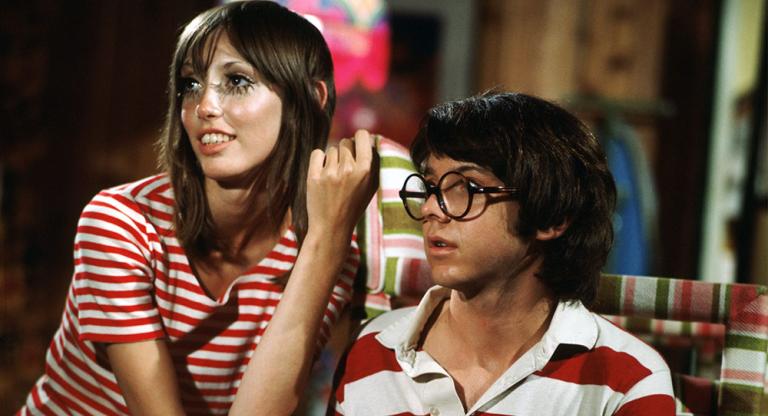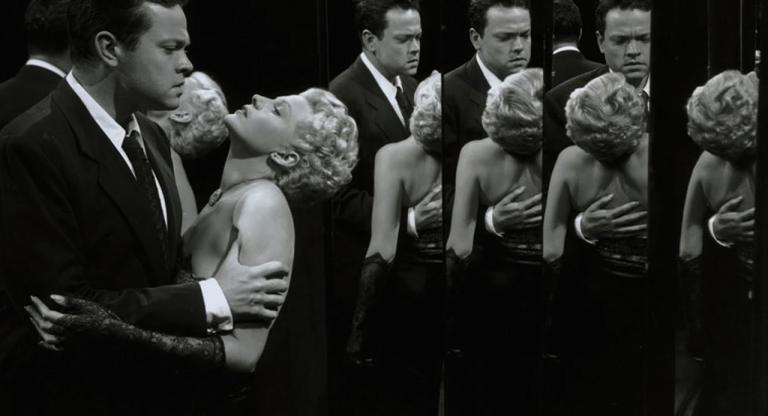The extensive economic liberalization in India in the 1990s opened its borders to foreign capital and competition that transformed the country in unforeseen ways. While international brands and products flooded the markets, the fledgling service industry expanded exponentially in these years, introducing new professions and associated cultural practices into a labor market saturated with jobless youth. In the general euphoria surrounding market reforms, consumer choice and entrepreneurial freedom took precedence over concerns about cultural erasure and homogenization.
Ashim Ahluwalia’s documentary feature John and Jane (2005) follows six telemarketing call center workers in Mumbai as they navigate this altered landscape, spending their days on the phone, selling American customers needless products and services. Glen would rather model for Versace or Gucci than slog at the call center, while Sydney can only think about his work. Osmond has dreams of becoming a billionaire and finds a substitute for his recently deceased mother in the figure of a multi-level marketing corporation. Nikki derives comfort and community from both the church and the office and chooses her own Western name, rather than use the one given by her trainers. Naomi confidently asserts that she is “totally, naturally blonde” and that no one should mistake her for anything else. Nicholas is so enchanted by American culture that he doesn’t want to be an Indian anymore. He meets his future wife through work, but due to conflicting schedules they hardly get to see each other save for their lunch dates at McDonald’s, that quintessential symbol of Americanization. The demands of corporate workplaces, influx of American businesses, and the attendant consumerist ethos necessitate such adjustments in lifestyles, taking a toll on local cultures and interpersonal relations alike.
Glimpses of accent training sessions and cultural (re-)education programs evince an idealization of everything American—language, culture, lifestyles, and values. Ironically enough, these jobs only exist because American businesses started outsourcing labor needs to the developing world, always looking to increase their margins. Whatever legitimacy the American dream might still have held for the American worker, in a globalized world that dream is repackaged and exported to the Global South. In India, educated young people, desperate to succeed in the cut-throat labor market, radically remodel themselves to fit impossible ideals. On a personal level, identities get remade while in the cultural sphere traditions get subverted.
Ahluwalia has said that the film is a blend of documentary and science fiction, with Masta Justy’s electronic score playing against a future-facing, high-tech industrial setting. The largely deserted and lonely office spaces during graveyard shifts and the progressively disturbing accounts of each caller lend a nightmarish quality to the film. Cultural imperialism is no longer imposed from above by colonial diktat. The impersonal force of the “invisible hand” can have the same, if not more insidious, effects.
John and Jane screens tonight, June 14, and June 29, at Spectacle Theater as part of the series “Two Films by Ashim Ahluwalia.”



